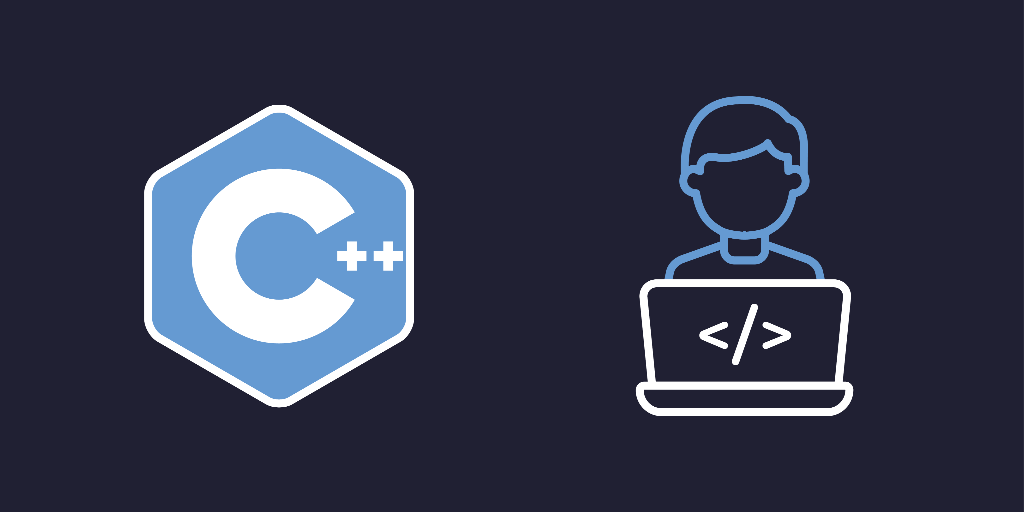Get familiar with C++ history, evolution, and its core features in programming.
Look at literals in C++, including user-defined types, practical examples, and exercises.
Examine scoped enumerations, pointers, null pointer, and references in C++.
4.
Automatic Type Deduction
10 Lessons
Enhance your skills in automatic type deduction, `auto` and `decltype`, and return type inference.
Dig into explicit casting operators, dynamic casting, static casting, const and reinterpret casting in C++.
6.
Unified Initialization
4 Lessons
Tackle unified initialization in C++ with {}, examples, and exercises on standard containers.
7.
const, constexpr, and volatile
5 Lessons
Build on using `const`, `constexpr`, and `volatile` for efficient, safe, and adaptable C++ code.
8.
Move Semantic and Perfect Forwarding
11 Lessons
Sharpen your skills in C++ move semantics, copy vs. move, and perfect forwarding.
9.
Memory Management
5 Lessons
Look at explicit memory management, RAII principles, and overloading new/delete in C++.
Master the steps to function declarations, overloading, and lambda functions in C++.
11.
Classes and Objects
27 Lessons
Grasp the fundamentals of creating and managing classes and objects in C++.
Explore inheritance, abstract base classes, access rights, constructor inheritance, virtual methods, and multiple inheritance in C++.
Focus on C++ templates for functions, classes, parameters, specialization, and CRTP, enhancing flexibility and code reuse.
Build on C++ utilities covering std::bind, lambda, pairs, tuples, reference wrappers, and type traits.
Learn how to use smart pointers in C++ for efficient memory management and resource handling.
16.
1. Containers in General
6 Lessons
Look at container operations: creation, size determination, element access, assignment, and comparison in C++.
17.
1.1 Sequential Containers
11 Lessons
Examine C++ sequential containers, their functionalities, advantages, and efficient memory usage.
18.
1.2 Associative Containers in General
2 Lessons
Grasp the fundamentals of C++ associative containers, including insertion and deletion mechanisms.
19.
1.2.1 Ordered Associative Containers
6 Lessons
Take a closer look at C++ ordered associative containers, their keys, comparison criteria, and special search functions.
20.
1.2.2 Unordered Associative Containers
7 Lessons
See how unordered associative containers enhance performance using hash functions in C++.
Approach using STL algorithms and conventions to efficiently manipulate container elements.
22.
1.1 Non-Modifying Algorithms
6 Lessons
Step through non-modifying algorithms for searching, counting, testing, and comparing ranges in C++.
23.
1.2 Modifying Algorithms
11 Lessons
Unpack the core of modifying algorithms to copy, replace, remove, fill, generate, move, swap, transform, reverse, rotate, shuffle, and remove duplicates.
24.
1.3 More Algorithms
10 Lessons
Break apart advanced algorithms for sorting, searching, merging, and numeric operations in C++.
Grasp the fundamentals of callables in C++, including functions, function objects, and lambda functions.
Solve problems in C++ using iterators for efficient container navigation and modification.
See how it works with creating, manipulating, and efficiently managing C++ string operations.
28.
Regular Expressions
13 Lessons
Master regular expressions in C++ for text processing, pattern matching, replacing, and formatting.
29.
Input and Output
14 Lessons
Learn how to use C++ streams for efficient I/O, file handling, and data formatting.
Discover the logic behind C++ threading, from creation to managing thread lifetimes and synchronization.
Master the steps to handle shared data, mutexes, locks, and thread-safe initialization in C++.
Enhance your skills in asynchronous tasks, std::async, std::packaged_task, promises, and futures.
Understand how modern C++ advancements benefit embedded, server, gaming, and trading systems.
